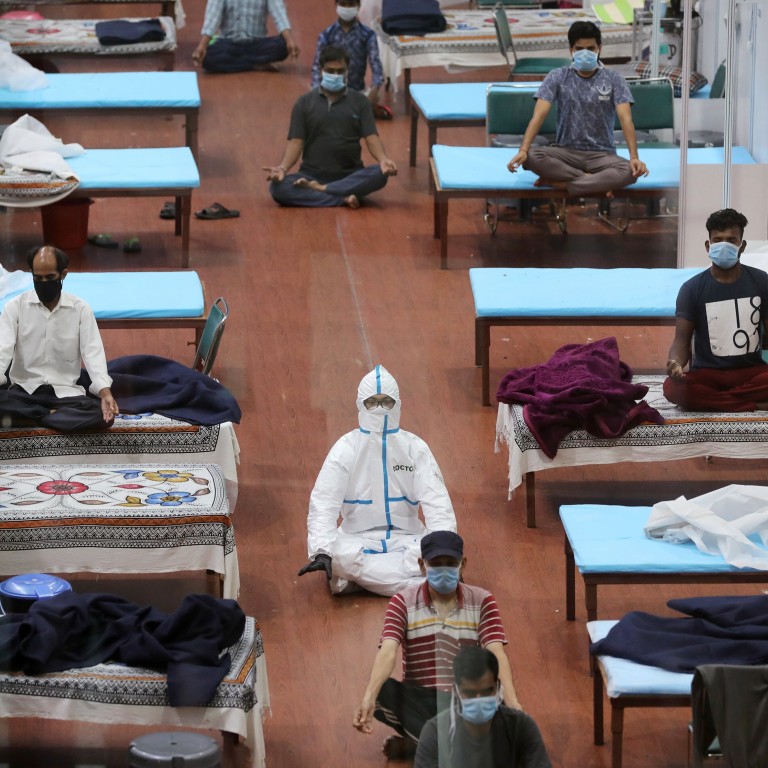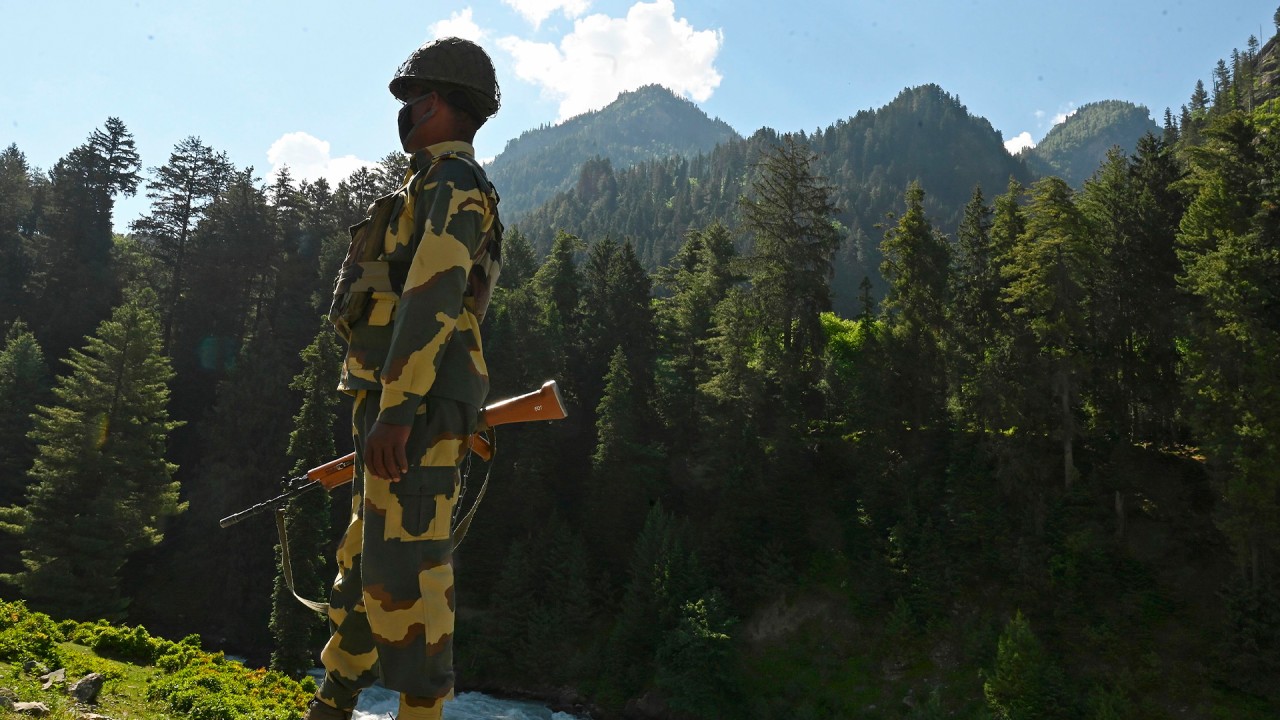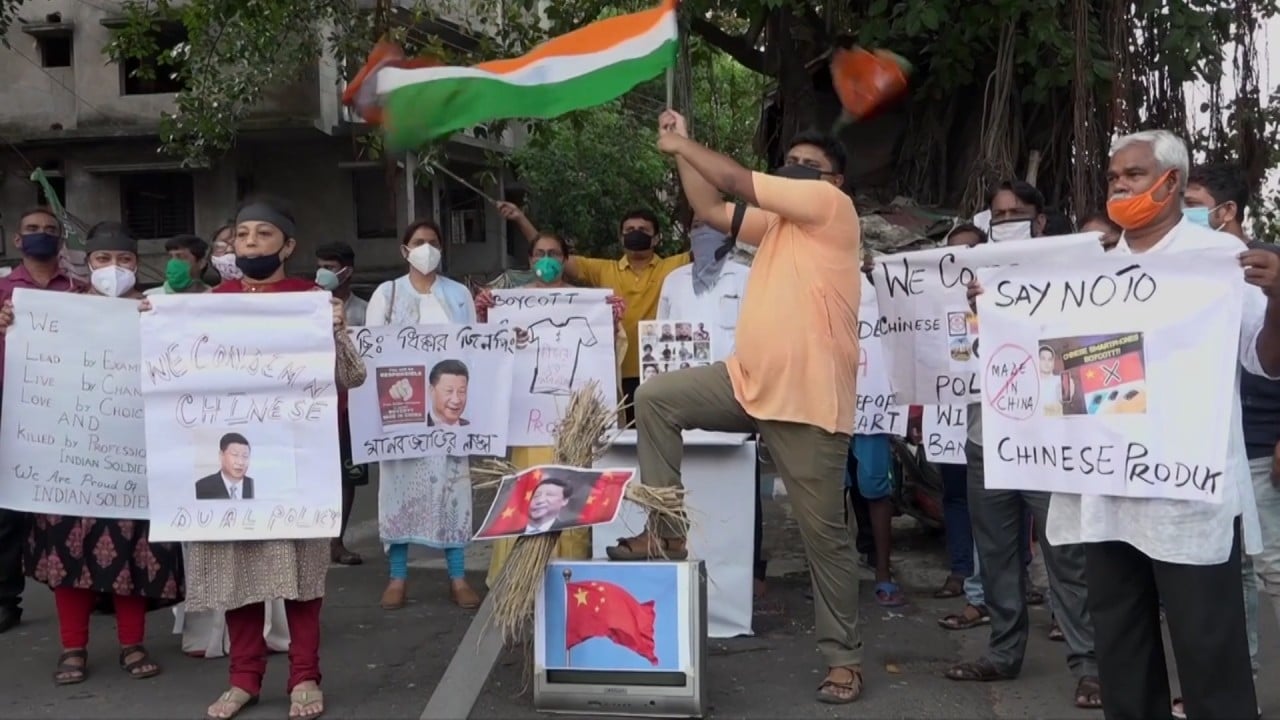
Investing in Indian health care will bolster AIIB’s global ambition
- Given Sino-India tensions, if AIIB agrees to finance India’s ambitious health sector overhaul, it would distance it from Beijing’s foreign policy goals
- It could also set a precedent for development banks to lead the financing of health care reforms across Asia
Despite the turbulent Sino-India relationship, Chinese investment may soon provide critical support to India’s pandemic-ravaged health infrastructure.
India’s finance ministry recently discussed an US$8 billion national health infrastructure project with the Beijing-based Asian Infrastructure Investment Bank (AIIB), World Bank and Asian Development Bank. If the deal is signed, the AIIB may have a significant stake in one of India’s most ambitious public sector projects: ameliorating its crippled health infrastructure.
The proposed US$8 billion dollar health system overhaul hopes to stimulate economic activity, increase jobs across the health care and pharmaceutical industries, and finance innovative tech-based solutions to India’s health challenges.

02:13
India and China attempt to de-escalate border tension after deaths
During this turbulent period, the AIIB is quietly facilitating the only cooperation between high-level public and private sector decision-makers in both countries. A deal would be an invaluable opportunity for the AIIB to improve its reputation and distance itself from Beijing’s foreign policy goals.
Xi uses AIIB annual conference to spell out China’s global ambitions
If this US$8 billion deal is signed, Chinese investment will be even more deeply entrenched in India’s public health infrastructure, paving the way for increased public scrutiny of India’s health care investments.

01:58
Indians call for boycott of Chinese goods after deadly border clash with China
Further, the critical building blocks of India’s existing health infrastructure – the equipment most needed to combat the virus spread – are primarily being sourced from Chinese companies. While the Sino-India relationship may worsen politically, this deal – if signed and maintained through multilateral development bank bureaucracy – could ensure that China and India maintain at least some level of multilateral cooperation. It could also set a precedent for multilateral development banks to lead the financing of significant health care infrastructure reforms across South and Southeast Asia.
But if the deal does not go through, it may signal that the AIIB may be too entwined with China to emerge as a truly multilateral entity, when multilateral cooperation towards development goals has never been more critical.
Sophie Zinser is a researcher and an incoming Schwarzman Academy Fellow at Chatham House in London. She has worked with refugees and migrants on development-focused policy solutions for five years across the Middle East and Asia

